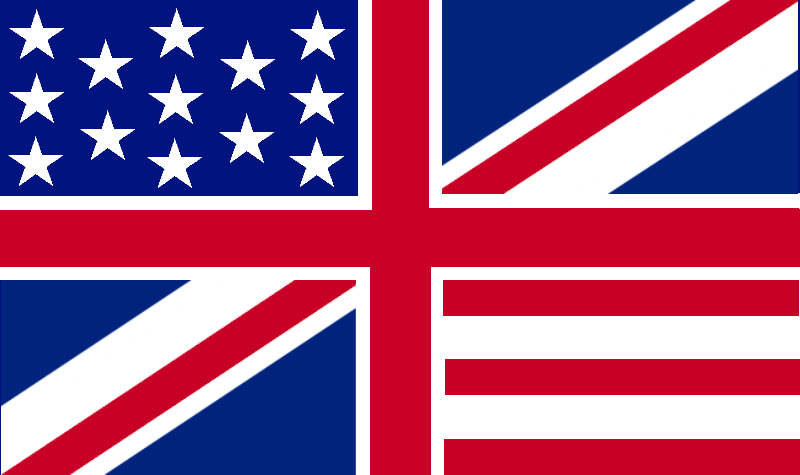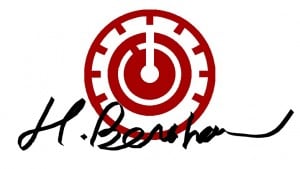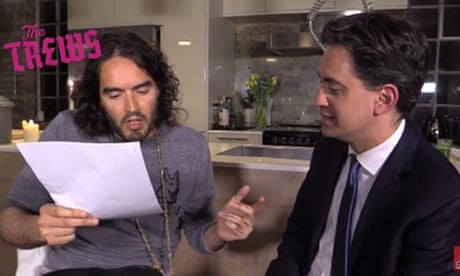On ne voit bien qu’avec le cœur. L’essentiel est invisible pour les yeux.
It is only with the heart that one can see rightly; What is essential is invisible to the eye.
Antoine de Saint Exupéry
Even as the negotiations over Iran’s nuclear program take place, threats are still issued by American leaders against Iran. Britain, of course, would be expected to stand by these threats and tag along in any such hypothetical war.

Legally, these threats of war against Iran are a form of aggression even without the US acting on them. The threat of force against a country is prohibited by the United Nations Charter. Unfortunately, US and UK policy towards geopolitical rival powers is often marred by arrogance. We deal with regimes as if our own are flawless, when in fact our political systems and societies are in a state of crisis.
Politicians and journalists talk of “authoritarian” regimes as being paranoid and repressive when our own governments are far more so, exposed by Edward Snowden’s disclosures. As I discovered in my review of The Snowden Files (2014) at The clubof.info Blog, “The Snowden Files and a chopping block”, the media likes to pick on foreign governments and portray them as tyrannical, in spite of all the evidence of our own governments being tyrannical. In The Snowden Files, Luke Harding made an amazing rhetorical display, using the mere similarity of Russian surveillance to US surveillance to boost his case against Vladimir Putin while ignoring the fact that it is the US regime that is supposed to be on trial in his book. Even when the US government is committing the most crimes, anti-Russian journalists prefer to focus on Russia’s mere similarity to the US as the basis for discrediting Russia’s regime and ignoring the faults of America’s regime.
Anti-Assange rhetoric gets busted: The #LOrdre BlogThe 2014 book The Snowden Files by Guardian journalist Luke… http://t.co/Y1BE5LAfrP
— The clubof.info Blog (@ClubOfInfo) May 8, 2015
The Snowden Files and a chopping block: Harry J. BenthamJournalist Luke Harding’s 2014 book, The Snowden Files… http://t.co/lkkIRD2kMw
— The clubof.info Blog (@ClubOfInfo) May 8, 2015
My conclusion is rather different from Harding. In my view, US foreign policy was already losing all credibility due to the illegitimate war on terror, torture and US-led regime changes around the world. The 2013 discovery that the US has the most excessive machinery of repression and monitoring directed against its own people of all regimes in the world showed that the real picture was even worse. I feel that there is a grave injustice at the heart of US society. The images of torture of foreigners in American military-controlled prisons, and the images of protesters being arrested and beaten by police, are not unrelated disparate incidents but the changing face of the American regime from a flawed democracy to something much uglier. The American people are aware that their government is increasingly militarizing the streets and turning its weapons against them, hence the increased appetite for violent protest. While the US government condemns regimes it accuses of shooting their own people, its armed police regularly fire at unarmed Americans.
The ageing and deterioration of democracy in Britain also cannot be understood without acknowledging the politics of the US. If we are simply an extension of the US superpower, culturally and socially, then the authoritarian policies afflicting our country are ultimately the result of a trend that began in the US. By extension, political change in Britain must begin in the United States. The United States is today’s Rome, the hub of the governing elite of the world. No challenge can really be made against global politics unless it takes place first in the United States. It is for this reason that British people should be more interested in the outcomes of US politics than the amphitheater of their own national politics.
Congratulations to @David_Cameron on his coronation. #elections2015
— Harry Bentham (@hjbentham) May 8, 2015
This general election we just had in the UK is of little meaning, really, and is simply a coronation of vassals who are part of the American-led policy elite of today’s cultural and economic empire.
@David_Cameron No nations, no wars http://t.co/6TQ481FeD9 pic.twitter.com/vQjLNxqzi0
— Harry Bentham (@hjbentham) May 8, 2015
I may be due to publish a new op-ed with Press TV, and will tweet a link to it once it is up. Follow my Twitter feed to catch it.


